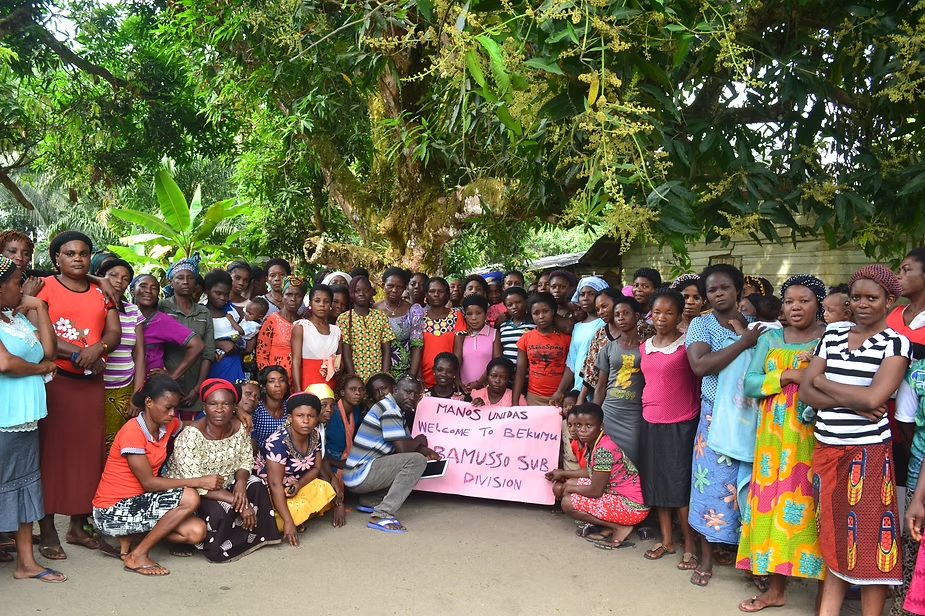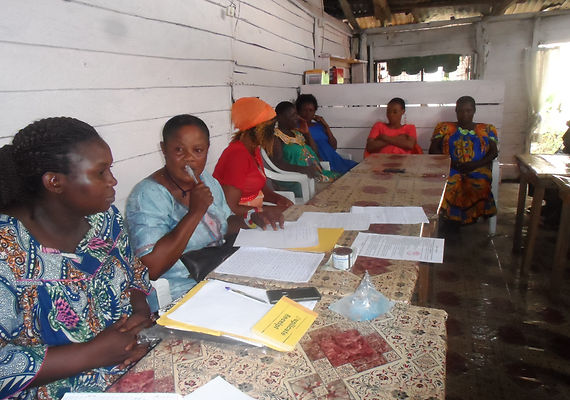Bamossu in the South West Region,

a coastal community in Cameroon known for its rich fishing traditions. The training focused on traditional pickling methods, emphasizing hygiene, preparation techniques, and the importance of using fresh, high-quality fish to enhance the final product’s safety and flavor.
Participants learned about various preservation techniques, such as the use of vinegar, salt, and spices, which are essential for creating a flavorful and long-lasting pickle. They were also educated on the nutritional benefits of sucker fish, which is rich in omega-3 fatty acids, proteins, and essential vitamins.
The training not only aimed to empower women in enhancing their economic prospects through the production of fish pickles but also aimed at encouraging them to use traditional knowledge while incorporating modern practices for better quality control. By the end of the training, participants were equipped with the skills to produce quality fish pickles that could appeal to both local and broader markets.
To assess the quality aspects of the pickles produced, sampling and analysis were conducted to examine various factors such as pH level, texture, flavor, and microbial safety. The feedback from these quality assessments highlights the importance of maintaining rigorous standards in production to ensure consumer safety and satisfaction.
Furthermore, the initiative is expected to support local economic development by creating new business opportunities for these women, contributing to sustainable fishing practices, and preserving traditional methods of food preservation that reflect the cultural heritage of the Maritime communities in Cameroon. As the popularity of fish pickles expands, there is also potential for these products to be marketed beyond local communities, tapping into the growing demand for unique and nutritious food products globally.



